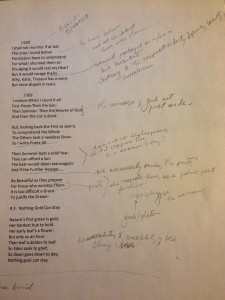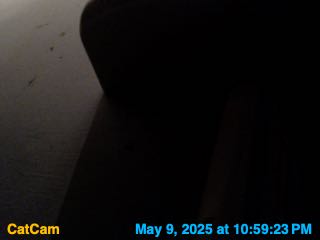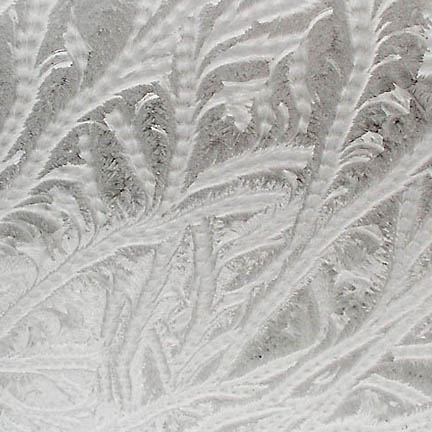and what’s left of my New Englandish brain.
Tonight’s discussion started with a bit of Plato, which one of the other students had brought up and which the teacher explained quite succintly while tying it in to our subject matter at hand. A few people were still coming in as we launched into the first few Dickinson poems.
Tonight we started with a sheet containing:
I shall not murmer if at last – E.D.
I reckon – When I count it all- – E.D.
Nothing Gold Can Stay – R.F.
Here you can see my wild scribbled notes ranging from references to other materials like the Bible and Shakespeare.
Then it was on to:
Of Bronze – and Blaze – E.D.
My Splendors, are Menagerie –
But their Competeless Show
Will entertain the Centuries
When I, am long ago,
An Island in dishonored Grass –
Whom none but Beetles – know.
and we compared this to a couple sections of Wallace Stevens’ Auroras of Autumn:
This is nothing until in a single man contained.
Nothing until this named thing nameless is
And is destroyed. He opens the door of his houseOn flames. The scholar of one candle sees
An Arctic effulgence flaring on the frame
Of everything he is. And he feels afraid.
Both poems have this sense that, as an artist, we believe (and in fact must believe) we can do it – we can create this description or this world that will be as good or even better than what we see before us (in this case the aurora) and we risk being slapped down by the magnificence of the world etc.
In her poems that describe her passion for her mysterious lover, I couldn’t help but think that this same description and same passion might be aligned with the passion of an artist for creating.
Our teacher was generous in helping us see and understand references to other writings and authors in everyone’s words. Biblical, Shakespearean, Platonic etc – it’s all in there. You can certainly reach a valid conclusion about a poem without knowing these but it adds depth and an understanding of the writing if you see what the writer’s background contains.
Readers here know that I try to keep a poem or two in my head (and I’m not that good at it). I learned that the poem I never look at, Stopping by Woods on a Snowy Evening, is missing four lines in my normal recitation, which I’ll try to recover.
One of the things I most respect about both Dickinson and Frost is the spareness of the words in creating a clear image and developing an idea. Our teacher repeated the tale of
At a banquet thrown in New York in 1954 on the occasion of Robert Frost’s eightieth birthday, Lionel Trilling is said to have lifted his glass and declared: “Robert Frost is the most terrifying poet of our time.
Not, as Frost was considered by most the rural bumpkin, avuncular and rustic in speech, but Trilling considered him the master of imagery and words. This apparently caused some commotion at that event!
We also had a discussion around this of the notion that geniuses and artists are just born that way – that lightning strike from above, that mysterious combination of genes etc. People are quick to ignore the amount of work that goes into creating the habits of creativity, opening the paths, mastering the skills and yes, doing the work. It takes a lot of work and mastery to make it look easy.
We read several poems then to finish up on Emily:
My Life has stood – a Loaded Gun–
This Consciousness that is aware
I cannot live with You –
Essential Oils – are wrung
What are the causes of that feeling of being about to burst out or erupt? The Muse appears and creativity flows. The rigger of creative act “speaks to personal passion and then puts it into a drawer.”
As we talked about Emily, caught a the end of the Puritan world where you are alone and you alone must choose a personal salvation. I thought – as artists we also choose to create as what makes life worthwhile. We don’t know what the future will bring or how our work will be received now or later but we choose to go ahead and make it.
We turned finally to Frost, reading:
Mowing
October
Come In
Stopping by Woods On a Snowy Evening
To Earthward
Come In and Stopping by Woods was a perfect side by side reading because just the day before on The Writers Almanac there appeared a poem “Their Lonely Betters” by W.H. Auden
Not one of them was capable of lying,
There was not one which knew that it was dying
Or could have with a rhythm or a rhyme
Assumed responsibility for time.Let them leave language to their lonely betters
Who count some days and long for certain letters;
We, too, make noises when we laugh or weep:
Words are for those with promises to keep.
There was yelling in the car when I heard this. And I actually thought of both these Frost poems. All these birds singing in dark woods, all this “I’m here observing Nature and while I’m different in some ways, I’m the same in others and here’s what it makes me think about”: Auden plays off this to bring it all together.
“To Earthward”, like “Birches”, affirms that life is of this earth but it’s a relationship and cycle between air/heaven and earth, spiritual/earthly, life/death. We have dreams, we have a need to be grounded, we need to be both.
I thank Kevin McCann (retired Columbia High English teacher) and my fellow poetry aficionados for an exhilarating few weeks. As I told Kevin, each night after class I drove home yelling wildly! (I hope he took that as a good thing!)



